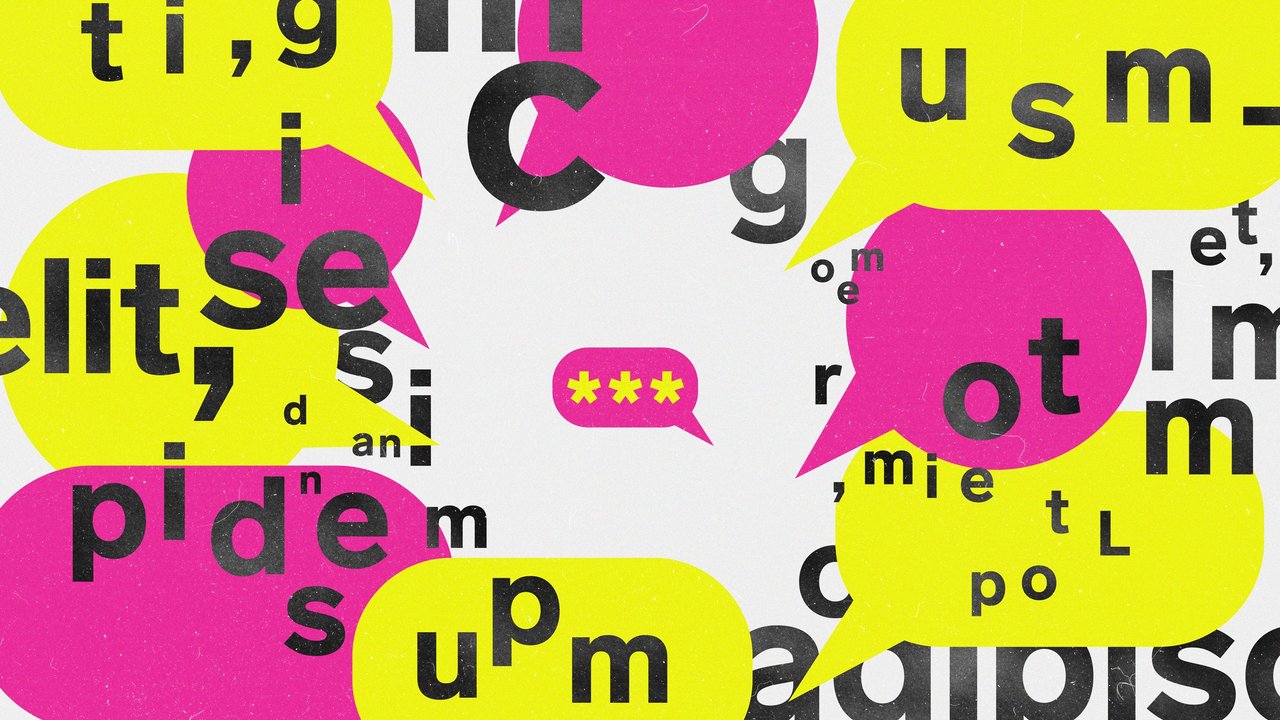LAST WEEK, WITH little fanfare, Google announced a change that could soon make its 2 billion Android users worldwide far harder to surveil: The tech giant says it's rolling out a beta version of its Android messaging app that will now use end-to-end encryption by default. That level of encryption, while limited to one-on-one conversations, is designed to prevent anyone else from eavesdropping—not phone carriers, not intelligence agencies, not a hacker who has taken over the local Wi-Fi router, not even Google itself will have the keys to decrypt and read those billions of messages.
The news isn't just a win for global privacy. It's also a win for one particular encryption system: the Signal protocol, which is well on its way to accounting for a majority of the world's real-time text conversations. As this protocol becomes the de facto standard for encrypted messaging in most major services, it's worth understanding what sets it apart from other forms of end-to-end encrypted messaging...
Read the rest from Wired: Hacker Lexicon: What Is the Signal Encryption Protocol?

